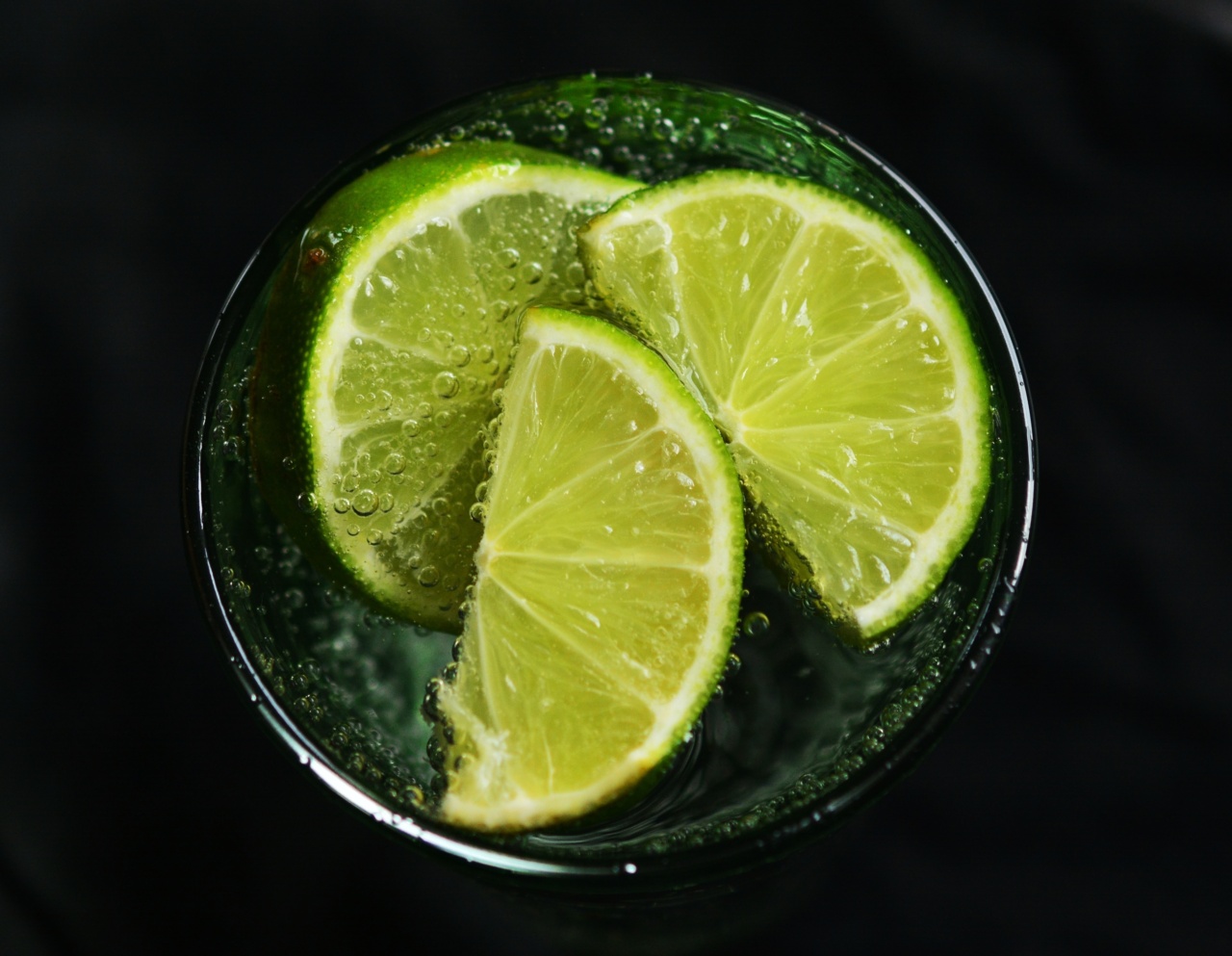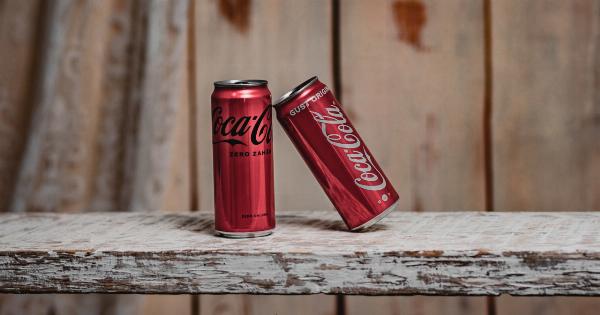Water is an essential element for the human body, and staying hydrated is crucial for maintaining good health.
But have you ever wondered whether it matters if you drink cold or hot water? Surprisingly, the temperature of the water you consume can have different effects on your body. In this article, we will explore when it is best to drink cold or hot water for optimal health.
Benefits of Drinking Cold Water
Cold water can have several benefits for your overall well-being:.
1. Temperature Regulation
Cold water can help regulate body temperature, especially during hot weather or intense physical activity. When you drink cold water, your body absorbs it faster, which can help cool you down faster.
2. Metabolism Boost
Cold water consumption has been found to temporarily boost metabolism. When you drink cold water, your body uses energy to warm it up to your body temperature, thereby increasing calorie burn.
3. Athletic Performance
Drinking cold water during exercise can have a positive impact on your performance. Cold water helps lower your core body temperature, preventing overheating and allowing you to exercise for longer periods.
When to Drink Cold Water?
Although cold water can offer benefits, it might not be suitable for all situations:.
1. After Intense Exercise
After an intense workout, your body needs to cool down gradually. Drinking cold water immediately after exercise may shock your system and interfere with the cooling-down process. It is better to drink water at room temperature or slightly chilled.
2. Digestion
Cold water can temporarily slow down digestion and constrict blood vessels. It is advisable to avoid consuming cold water during meals, as it can interfere with the digestion process. Instead, opt for warm water, herbal teas, or room temperature water.
Benefits of Drinking Hot Water
Hot water also offers various advantages for your health:.
1. Detoxification
Drinking hot water can help detoxify your body by promoting sweating, which assists in eliminating toxins through the skin. It can also aid in improving blood circulation, helping your body get rid of waste more effectively.
2. Nasal and Throat Congestion
Hot water vapor and steam can help relieve nasal and throat congestion caused by allergies, common colds, or sinus infections. The warmth soothes irritation and helps clear the airways, providing relief from discomfort.
3. Digestion and Constipation
The warmth of hot water can help stimulate digestion and promote bowel movements. It can relax and soothe the muscles of the intestine, aiding in smoother movement and reducing the chances of constipation.
When to Drink Hot Water?
Hot water may not always be the best choice:.
1. During Physical Activity
Drinking hot water during intense physical activity can raise your core body temperature and make you feel uncomfortably hot. In such cases, it is better to stick to cold or room temperature water for rehydration.
2. Sleep and Relaxation
Hot water can have a relaxing effect on the body and mind. Consuming hot water before bed can promote relaxation, which may lead to better sleep. Additionally, adding herbal tea or honey to hot water can enhance its soothing properties.
Conclusion
When it comes to staying hydrated, the temperature of the water you drink can play a role in your overall health. Cold water can provide a refreshing boost, aid in cooling down the body, and temporarily increase metabolism.
On the other hand, hot water can help detoxify the body, soothe congestion, and aid in digestion. However, there are certain situations where one temperature may be more beneficial than the other. It is essential to consider your specific needs and the circumstances before deciding whether to drink cold or hot water.






























